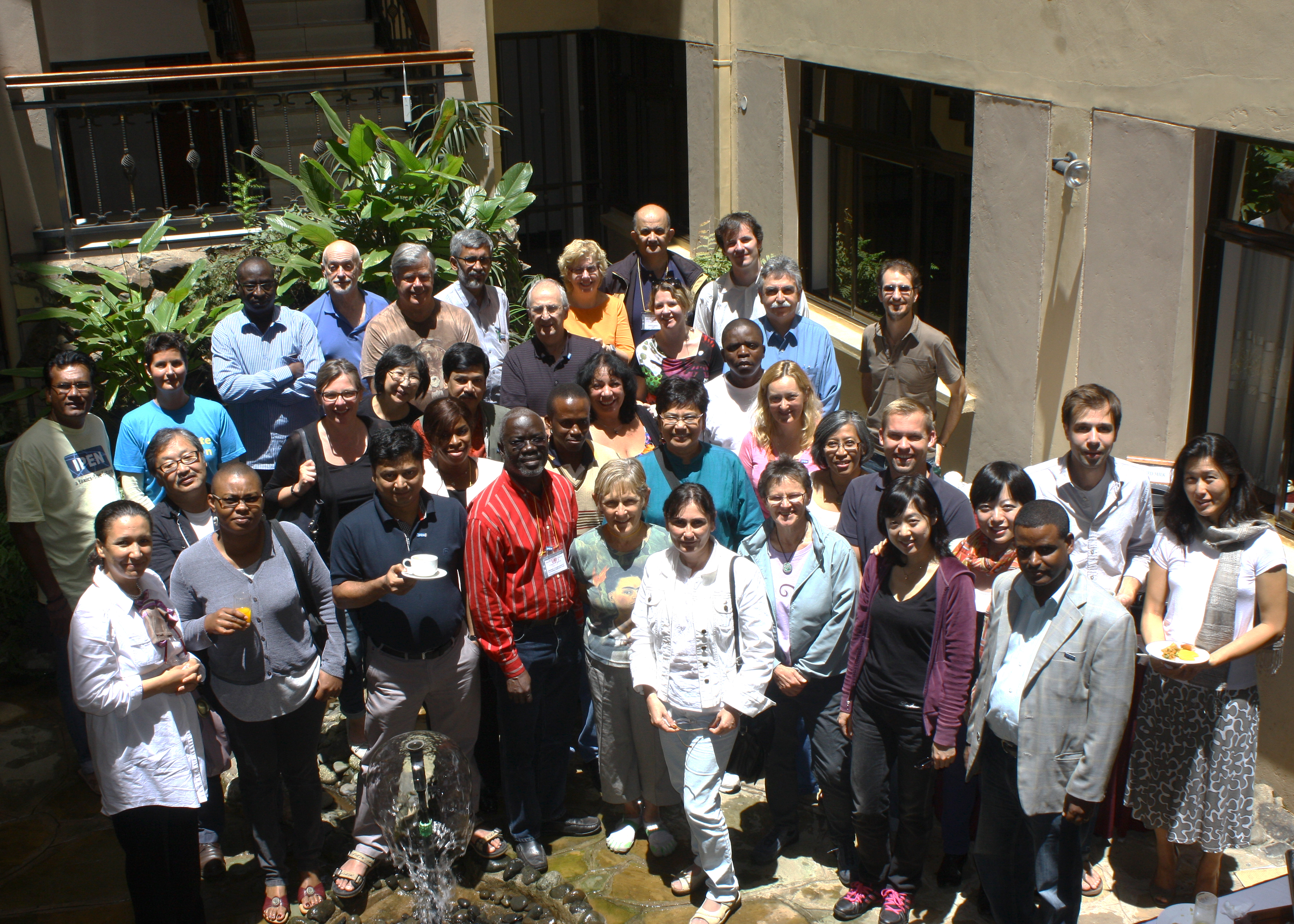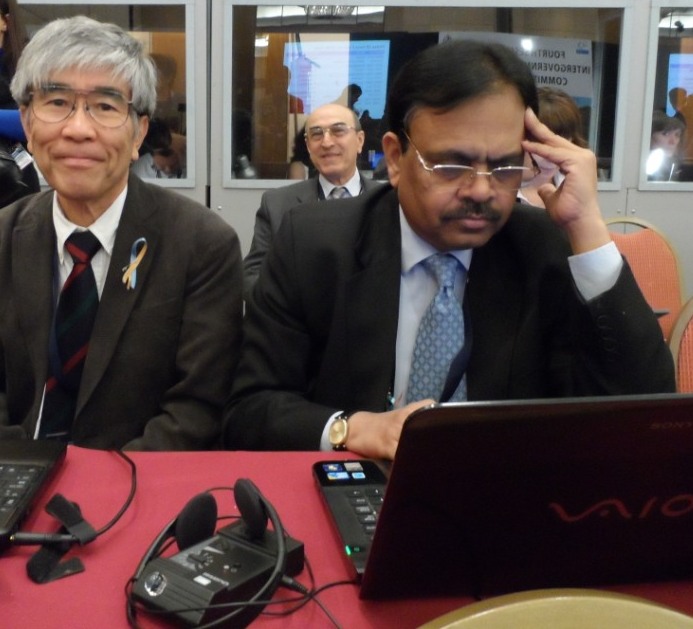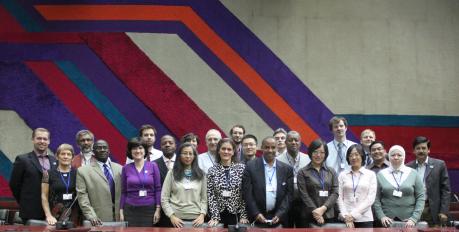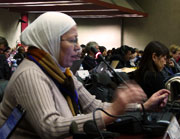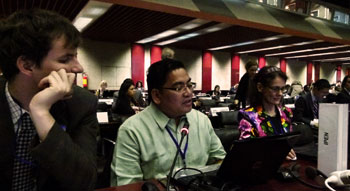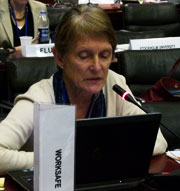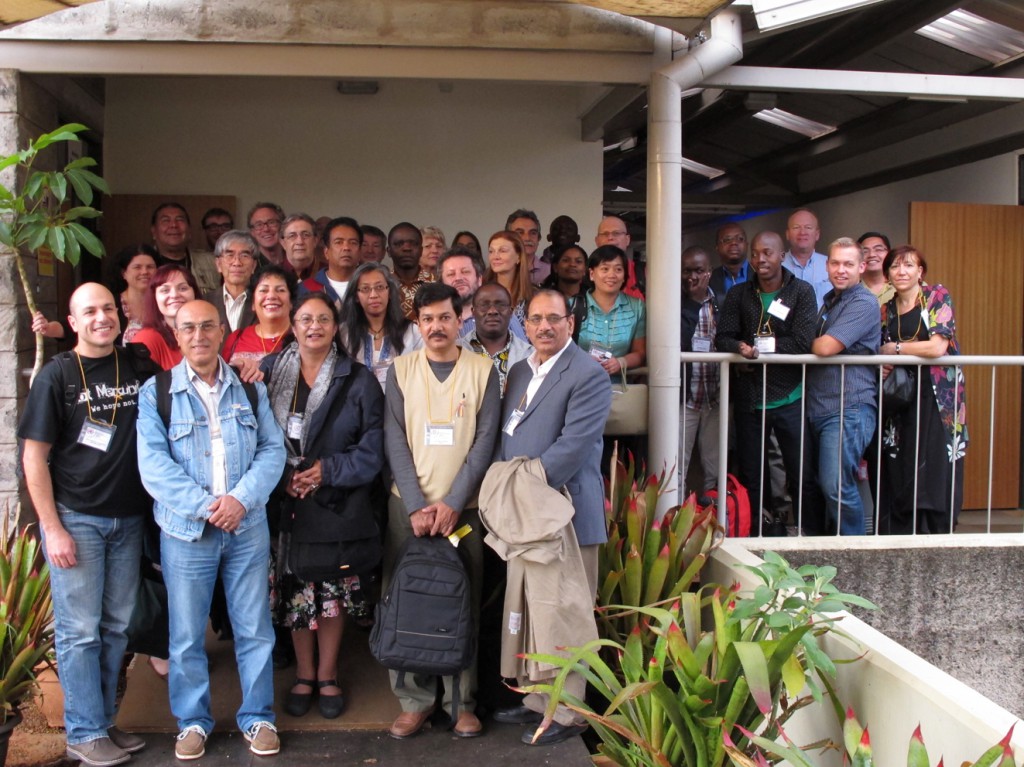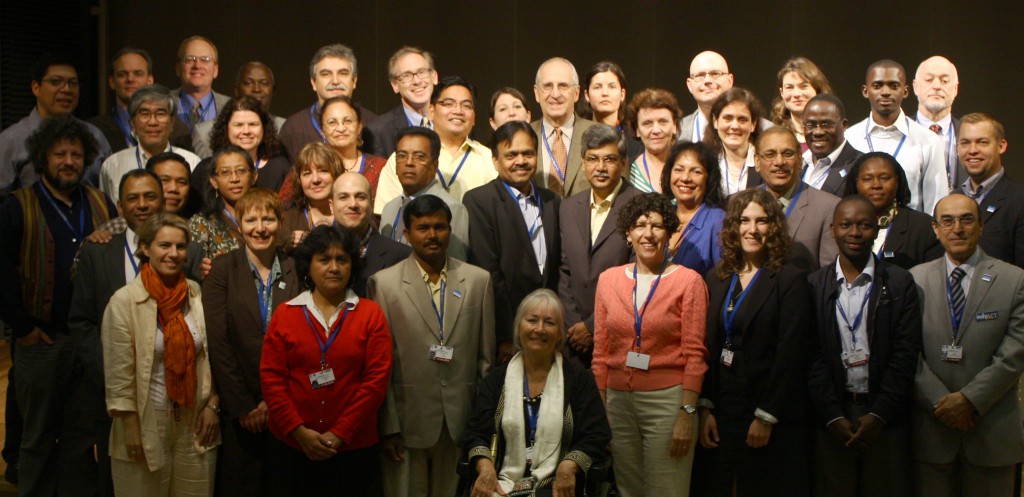IPEN participated in SAICM’s (Strategic Approach International Chemicals Management’s) 3rd international conference, which took place in Kenya from 17 – 21 September, 2012.
Prior to the meeting, IPEN finalized three booklets relevant to the SAICM conference:
IPEN Citizens’ Report: Implementation of the Strategic Approach to International Chemicals Management (SAICM) by IPEN Participating Organizations 2009–2012;
Global Lead Paint Elimination by 2020: A Test of the Effectiveness of the Strategic Approach to International Chemicals Management; and
Social and Environmental Implications of Nanotechnology Development in Africa.
Please find these publications and more on the Resources page.
